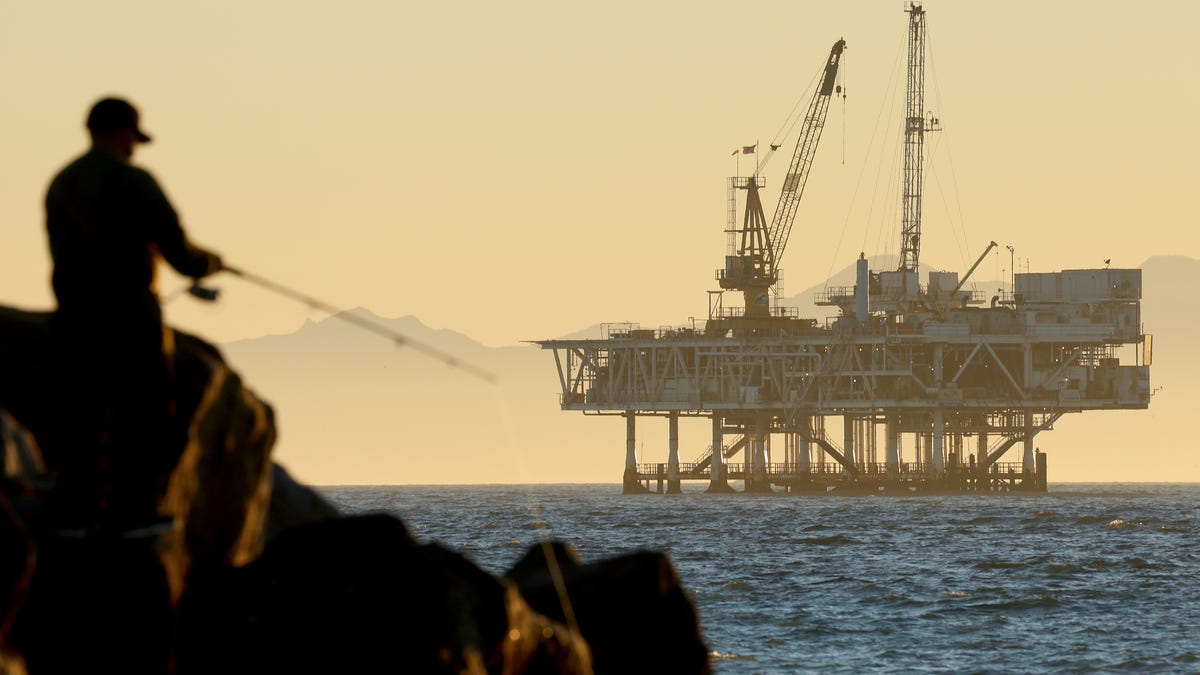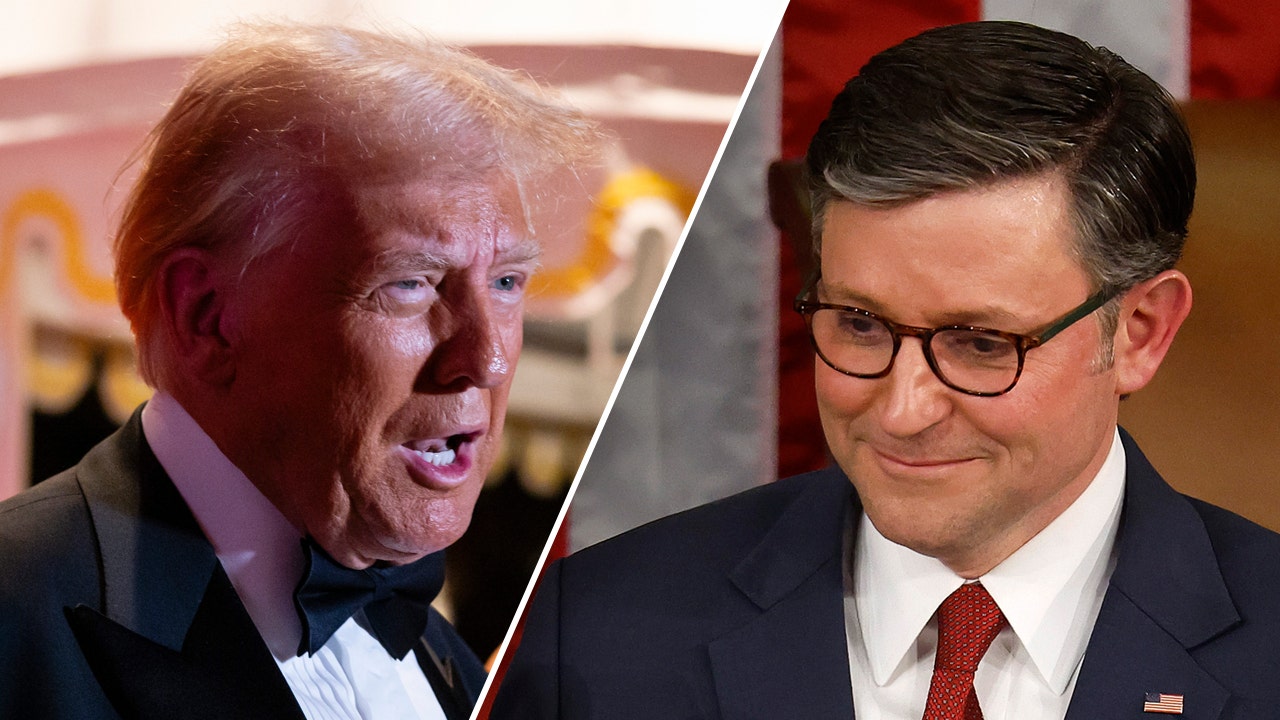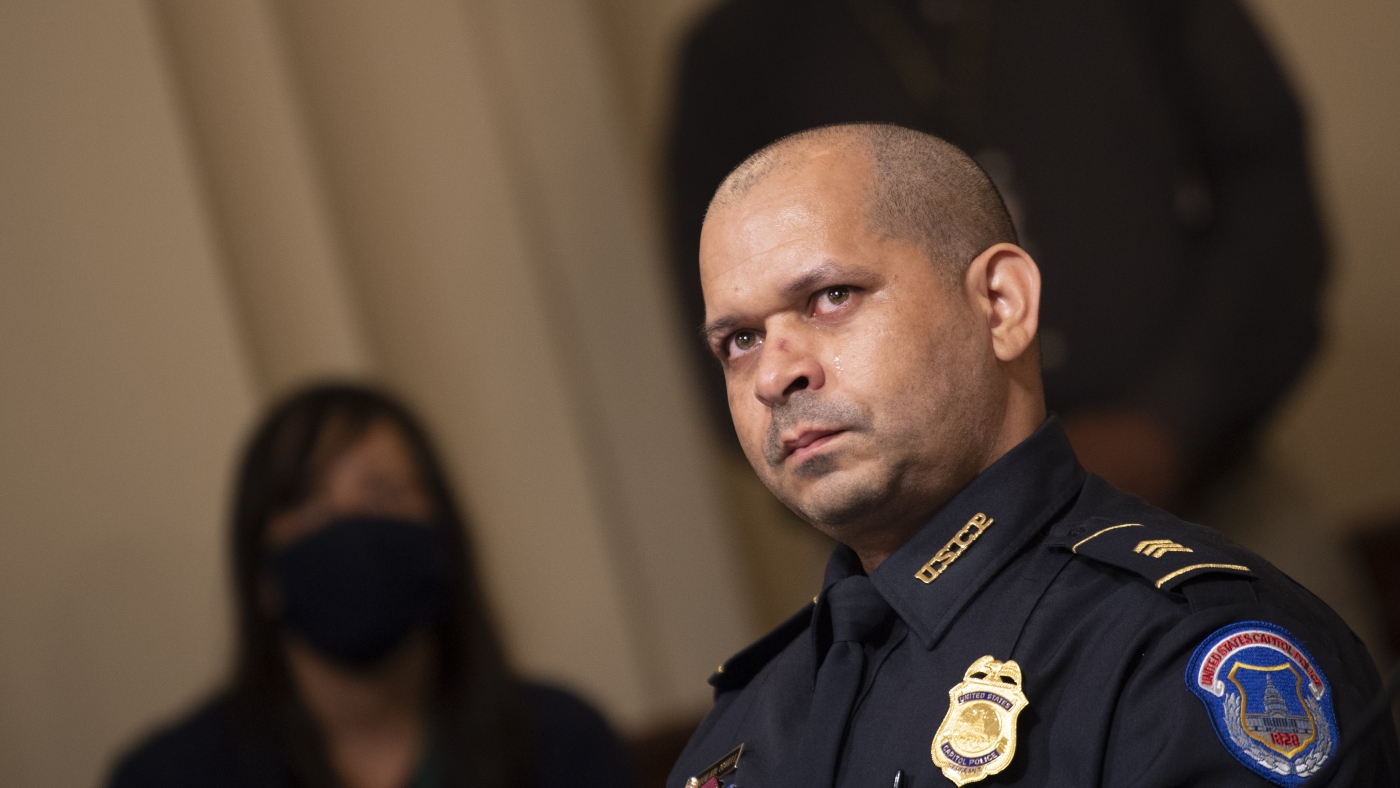World
Fort Liberty: US army base Fort Bragg drops Confederate namesake
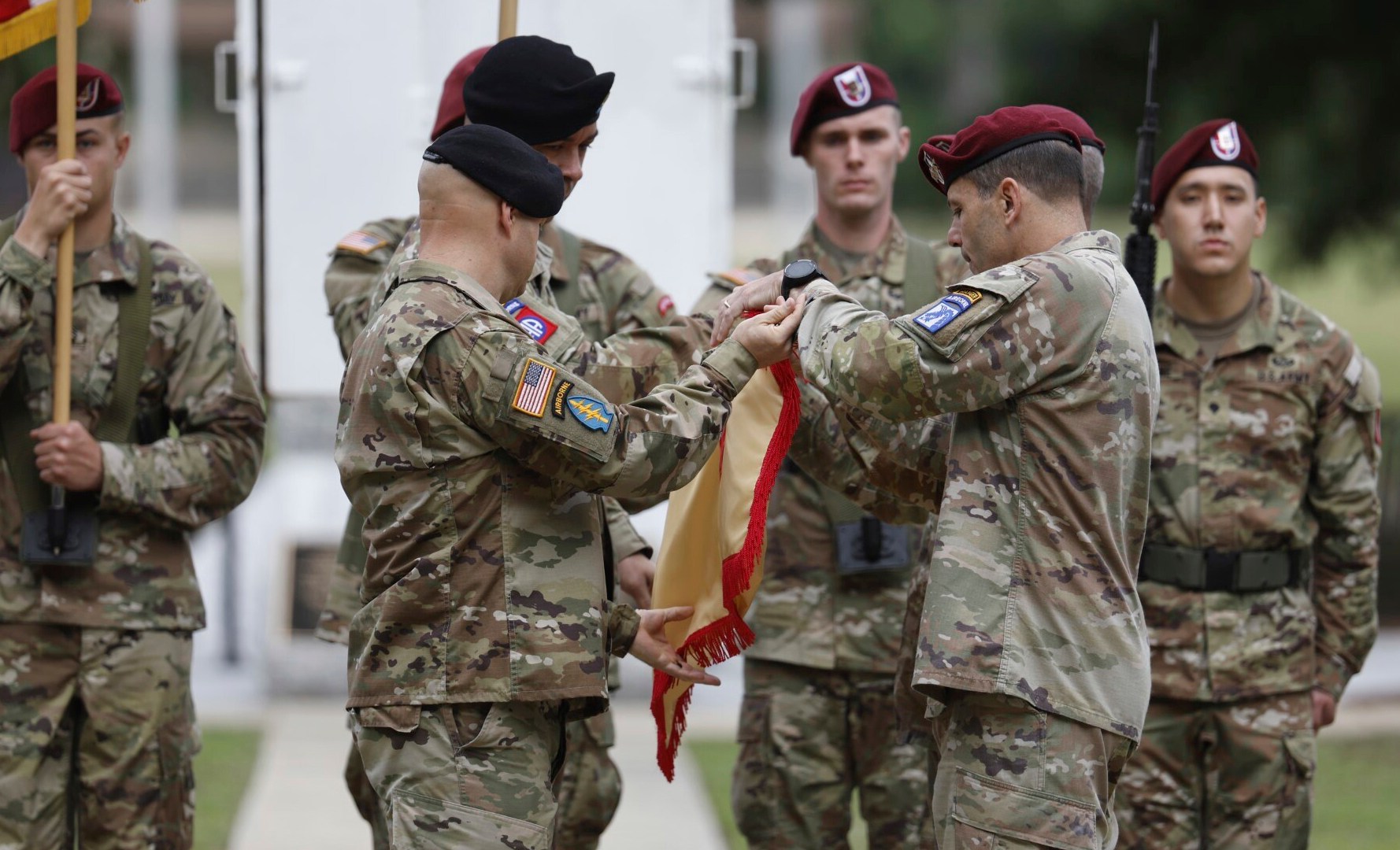
Fort Bragg has shed its Confederate namesake to become Fort Liberty in a ceremony that some veterans said was a small but important step in making the United States Army more welcoming to current and prospective Black service members.
The change on Friday was part of a broad US Department of Defense initiative, motivated by the 2020 George Floyd racial justice protests, to rename military installations that had been named after Confederate soldiers.
The prevalence of statues and sites honouring members of the Confederacy, many of whom were slaveholders, has remained a persistent and controversial issue in the US as discussions about the country’s legacy of racism continue.
The Confederacy was a group of 11 Southern states that seceded from the Union in 1860. The desire of these states to preserve the institution of slavery was a primary motivation for secession and the root cause of the subsequent US Civil War.
While Confederate statues were erected across the US, most are concentrated in southern states that fought for the Confederacy during the war, which lasted from 1861 to 1865 and killed more than 600,000 people.
The Black Lives Matter demonstrations that erupted nationwide after Floyd’s killing by a Minneapolis police officer, coupled with continuing efforts to remove Confederate monuments, turned the spotlight on the Army installations.
A naming commission created by the US Congress visited the bases and met with members of the surrounding communities for input.
While other bases are being renamed for Black soldiers, US presidents and trailblazing women, the North Carolina military installation is the only one not renamed after a person.
Retired US Army Brigadier General Ty Seidule said at a commission meeting last year that the new name was chosen because “liberty remains the greatest American value.”
“Fayetteville in 1775 signed one of the first accords declaring our willingness to fight for liberty and freedom from Great Britain,” said Lieutenant General Christopher Donahue, the commanding general of the XVIII Airborne Corps and Fort Liberty, referring to the city adjacent to the base. “Liberty has always been ingrained in this area.”
The cost to rename Fort Bragg — one of the largest military installations in the world by population — will total about $6.37m, according to a commission report.
“The name changes, the mission does not change,” base spokesperson Cheryle Rivas said on Friday morning before the ceremony.
Fort Polk in Louisiana will be the next installation to change its name on June 13 to Fort Johnson, in honour of Sergeant William Henry Johnson.
The North Carolina base was originally named in 1918 for General Braxton Bragg, a Confederate general from Warrenton, North Carolina, who was known for owning slaves and losing key Civil War battles that contributed to the Confederacy’s downfall.
Several military bases were named after Confederate soldiers during World War I and World War II as part of a “demonstration of reconciliation” with white southerners amid a broader effort to rally the nation to fight as one, said Nina Silber, a historian at Boston University.
“It was kind of a gesture of, ‘Yes, we acknowledge your patriotism,’ which is kind of absurd to acknowledge the patriotism of people who rebelled against a country,” she said.
The original naming process involved members of local communities, although Black residents were left out of the conversations. Bases were named after soldiers born or raised nearby, no matter how effectively they performed their duties. Bragg is widely regarded among historians as a poor leader who did not have the respect of his troops, Silber said.
For Isiah James, senior policy officer at the Black Veterans Project, the base renamings are a “long overdue” change he hopes will lead to more substantial improvements for Black service members.
“America should not have vestiges of slavery and secessionism and celebrate them,” he said.
“We should not laud them and hold them up and venerate them to where every time a Black soldier goes onto the base, they get the message that this base Bragg is named after someone who wanted to keep you as human property.”
The secretary of defense is required by law to implement the naming commission’s proposed changes by January 1, 2024.

World
Trial Starts for Nicolas Sarkozy in Libya Election Case

Former President Nicolas Sarkozy of France on Monday went on trial in Paris over accusations that his 2007 campaign received illegal financing from the Libyan government of Col. Muammar el-Qaddafi.
The trial, which is scheduled to last three months, is far from the first for Mr. Sarkozy, 69, a conservative politician who led France from 2007 to 2012, but it represents one of the most serious legal threats to the French politician since he left office.
Just last month, Mr. Sarkozy exhausted his final appeal in a separate corruption and influence peddling case, making him the first former French president sentenced to actual detention, though he will serve his time under house arrest with an electronic bracelet.
But of all the legal cases against Mr. Sarkozy, the Libya one is among the most sprawling, convoluted and explosive. It involves accusations that his campaign illegally accepted vast sums of money from Colonel Qaddafi, the former Libyan strongman who was killed by opposition fighters in 2011.
Mr. Sarkozy, who arrived in court without making any comments, has denied wrongdoing. He could face up to 10 years in prison and be fined nearly $400,000.
Here is what you need to know about the case.
What is the trial about?
Mr. Sarkozy is facing charges of illegal campaign financing, criminal conspiracy, concealing the misappropriation of public funds and passive corruption (a charge that applies to people suspected of receiving money or favors).
The case against him involves a complex web of political and financial ties between Mr. Sarkozy’s advisers, officials who were part of Colonel Qaddafi’s government, and businessmen or bankers who acted as intermediaries.
Twelve other people were also ordered to stand trial on similar corruption, embezzlement or illegal campaign financing charges.
“Our thesis is that of a corruption pact,” Jean-François Bohnert, France’s top financial prosecutor, told RMC radio on Monday.
Prosecutors say that Mr. Sarkozy and his allies sought financing from Libya, in violation of election funding rules, and that the Libyan government promised to provide it. In return, they said, it wanted economic deals, diplomatic recognition and possibly assistance from France in rescinding an arrest warrant against a top Libyan official.
Mr. Sarkozy visited Libya shortly after he was elected, then welcomed Colonel Qaddafi for a widely-criticized state visit in Paris, where the Libyan strongman memorably pitched his Bedouin-style tent.
How did the case start?
In 2011, as Libya was roiled by fighting between the army and rebels, Colonel Qaddafi and his son said in media interviews that Mr. Sarkozy’s 2007 presidential campaign had taken Libyan money.
Then, in 2012, the investigative news website Mediapart published a document, presented as a note by Libya’s secret services, that mentioned a deal to fund Mr. Sarkozy’s campaign with up to 50 million euros, or about $52 million. That same year, as part of a separate investigation, Ziad Takieddine, a French-Lebanese businessman, made a similar allegation.
In 2013, prosecutors opened an investigation. It lasted a decade and involvedover 20 countries, 50 police raids and 70 volumes of case files.
How has Mr. Sarkozy responded?
Mr. Sarkozy has repeatedly and strenuously denied the accusations, which he argues were driven mostly by allies of Colonel Qaddafi seeking revenge.
Under Mr. Sarkozy’s leadership, France played a prominent role in the NATO-led campaign of airstrikes that ultimately led to the toppling of Colonel Qaddafi and his death at the hands of Libyan rebels.
There have been conflicting accounts about the sequence of events and the amounts of money involved, and some of the defendants have shifted their versions of what happened.
Some Libyan officials have even denied that Mr. Sarkozy’s campaign received any funding, and Mr. Sarkozy’s legal team has seized on the vagaries of the case.
“We don’t even have the amount of this alleged illegal financing,” Christophe Ingrain, Mr. Sarkozy’s lawyer, told RTL radio on Sunday. “Sometimes it’s in euros, sometimes in dollars, sometimes in dinars, sometimes 2 million, 3 million, 50 million, 400 million. This isn’t serious.”
Mr. Sarkozy’s official records for the 2007 campaign indicated that he spent over €21 million, and any illicit financing from Libya would have enabled him to skirt France’s strict spending cap for presidential campaigns. Prosecutors have not clearly laid out how much Libya actually sent or how much they believe was actually spent on the campaign. But under French law, prosecutors do not have to prove that a corrupt deal was carried out to secure a conviction — only that one was agreed upon.
Mr. Sarkozy no longer holds public office. But his memoirs are best-sellers, he is still popular with the base of his conservative party and he retains some political influence.
Has Mr. Sarkozy been convicted before?
Yes, twice. Mr. Sarkozy has faced multiple accusations of financial impropriety since he left office.
In 2021, he became the first former president in France’s recent history to be sentenced to actual detention after he was convicted of trying to obtain information from a judge about a court case against him.
Mr. Sarkozy has exhausted his appeal options in that case, but he will not be incarcerated. Instead, he will serve one year under house arrest with an electronic bracelet, although a judge has not yet ruled on the practical details.
Mr. Sarkozy was also convicted in 2021 to a year of house arrest for illegally financing his unsuccessful 2012 re-election campaign, which wildly exceeded France’s spending limits. An appeals court last year upheld the conviction but halved his sentence, and that case is still going through the appeals process.
Other cases against Mr. Sarkozy have been dropped, including one in which we was accused of manipulating the heiress to the L’Oréal fortune into financing his 2007 campaign.
And some cases are still being investigated, including an offshoot of the Libya case. In 2023, Mr. Sarkozy was placed under formal investigation on charges of witness tampering, after allegations that his allies pressured Mr. Takieddine, the French-Lebanese businessman, into retracting his accusations.
World
Nigel Farage responds after Elon Musk declares he 'doesn't have what it takes' to lead Reform UK Party
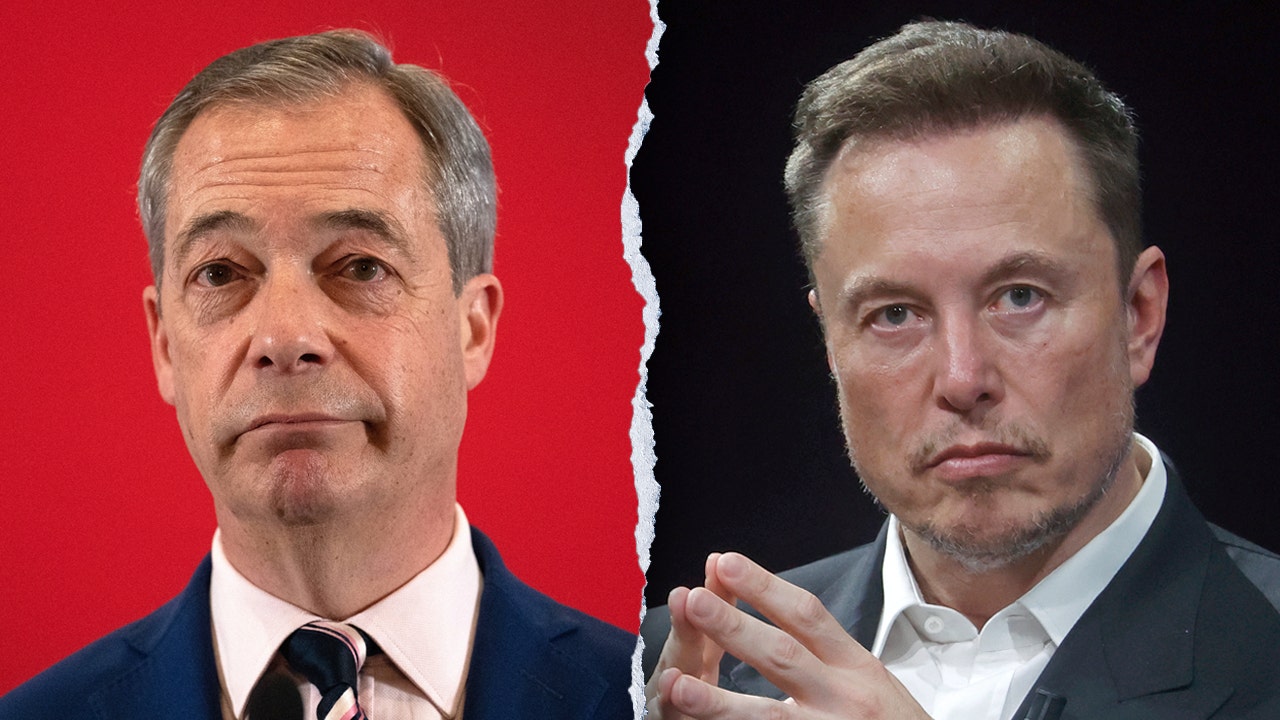
Business tycoon Elon Musk asserted in a post on X that Reform UK Party leader Nigel Farage does not “have what it takes” and should be replaced.
“The Reform Party needs a new leader. Farage doesn’t have what it takes,” Musk declared in a tweet.
Farage, a member of the UK Parliament, disagreed.
ELON MUSK DEMANDS UK ACT ON GROOMING GANG SCANDAL AMID GROWING CALLS FOR PROBE: ‘NATIONAL INQUIRY NOW!’
Reform UK honorary president Nigel Farage, left, and Elon Musk. (Left: Carl Court/Getty Images; Right: Chesnot/Getty Images)
“Well, this is a surprise! Elon is a remarkable individual but on this I am afraid I disagree. My view remains that Tommy Robinson is not right for Reform and I never sell out my principles,” he tweeted.
Musk has been speaking out in support of Robinson, who is currently imprisoned.
But Farage has noted that he does not want Robinson to join the Reform UK Party.
MUSK RENEWS HARSH REBUKE OF DEMS WHO REJECTED DEPORTING SEX OFFENDERS: VOTE OUT ‘EVERY ONE’
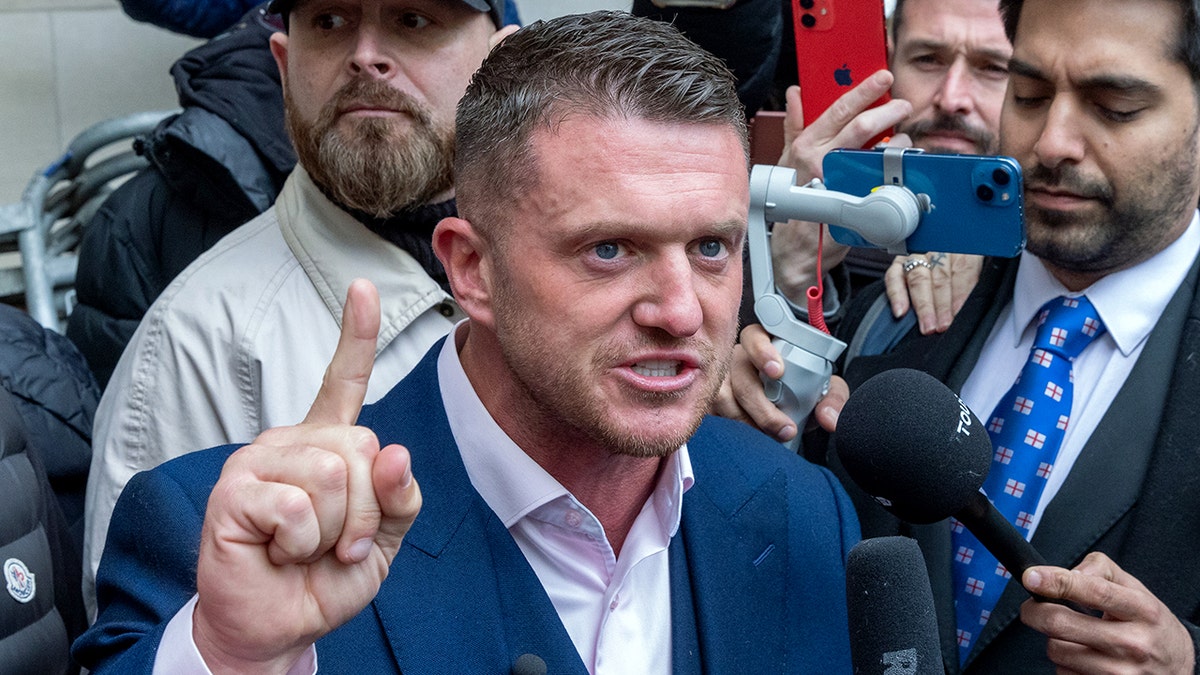
Far-right activist Stephen Yaxley-Lennon, better known as Tommy Robinson, is seen on April 23, 2024, in London, United Kingdom. (Mark Kerrison/In Pictures via Getty Images)
Farage has said that Robinson is not in prison “for exposing grooming gangs,” but for “contempt of court.”
“I know he’s in prison for contempt of court ffs, but there is NO justification for such a long prison sentence or for solitary confinement!” Musk wrote in a post on X.
Robinson’s real name is Stephen Yaxley-Lennon, reports indicate.
ELON MUSK SAYS TESLA WILL GET CYBERTRUCK ‘BACK ON THE ROAD’ AFTER LAS VEGAS EXPLOSION
Musk, who strongly supported President-elect Donald Trump during America’s 2024 presidential contest, has claimed that if Trump had not won the election, “civilization would be lost.”
World
Will 2024 fears become reality in 2025?

Fears and uncertainties of 2024 might come to reality in 2025, with re-election of Donald Trump as US president as a major game changer for Brussels.
The first Radio Schuman episode of the new year follows significant uncertainties left behind by 2024 that Europe will have to handle.
The continent is set to experience significant political and policy shifts, with Ursula von der Leyen’s influence growing, the balance of power in the EU potentially changing due to elections in Germany, and global uncertainties like Trump’s re-election affecting relations with Russia and China.
Key policy discussions will include the upcoming EU Multiannual Financial Framework, increased defence spending and ongoing migration reforms. On top of that, there’s also competitiveness, energy security, and tackling budget deficits in EU economies, all up for debate.
Radio Schuman touches upon what’s ahead with Euronews reporter Paula Soler.
We will also explore last week’s presidential election in Croatia and look at the roster and the gameplan of the first MEP delegation of the year as it begins its work abroad.
Finally, are smokes vanishing into thin air only to be replaced with electronic cigarettes? We’ll check out who and how uses vapes — widely popular nicotine devices — across Europe.
Today’s Radio Schuman is hosted by senior policy reporter Gerardo Fortuna and produced by journalist Eleonora Vasques, with audio editing by Georgios Leivaditis. Music by Alexandre Jas.
-

 Health1 week ago
Health1 week agoNew Year life lessons from country star: 'Never forget where you came from'
-
/cdn.vox-cdn.com/uploads/chorus_asset/file/24982514/Quest_3_dock.jpg)
/cdn.vox-cdn.com/uploads/chorus_asset/file/24982514/Quest_3_dock.jpg) Technology1 week ago
Technology1 week agoMeta’s ‘software update issue’ has been breaking Quest headsets for weeks
-

 Business5 days ago
Business5 days agoThese are the top 7 issues facing the struggling restaurant industry in 2025
-

 Culture5 days ago
Culture5 days agoThe 25 worst losses in college football history, including Baylor’s 2024 entry at Colorado
-

 Sports5 days ago
Sports5 days agoThe top out-of-contract players available as free transfers: Kimmich, De Bruyne, Van Dijk…
-

 Politics4 days ago
Politics4 days agoNew Orleans attacker had 'remote detonator' for explosives in French Quarter, Biden says
-

 Politics3 days ago
Politics3 days agoCarter's judicial picks reshaped the federal bench across the country
-

 Politics2 days ago
Politics2 days agoWho Are the Recipients of the Presidential Medal of Freedom?

